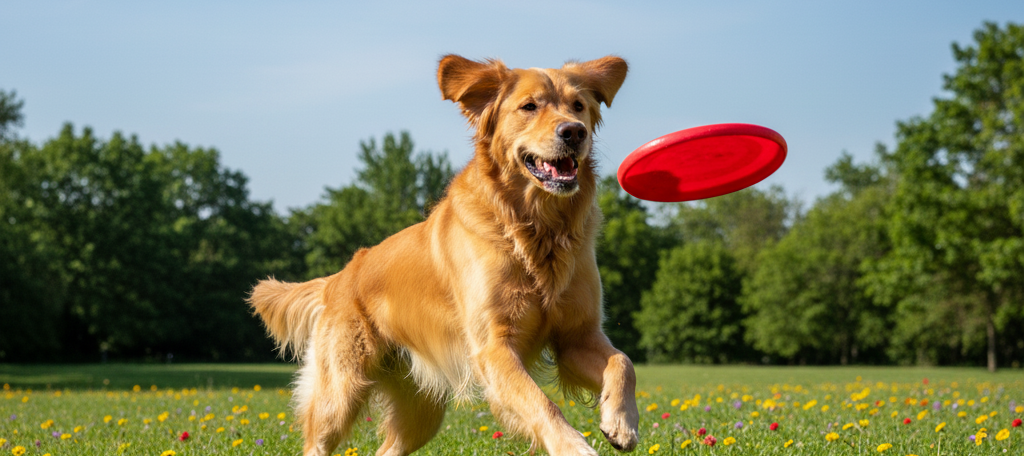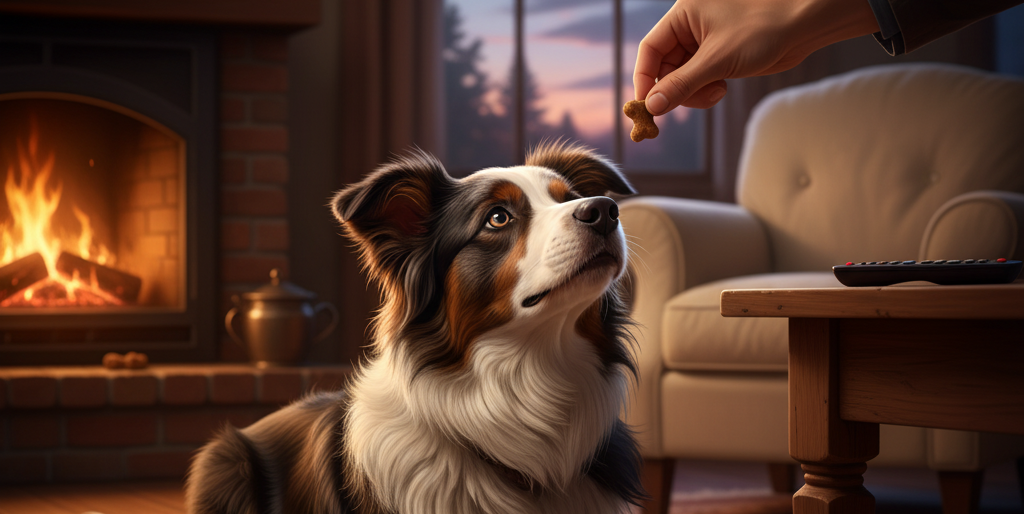Dogs, known scientifically as Canis lupus familiaris, are among the most cherished animals in the pets and animals category, celebrated for their unwavering loyalty and remarkable adaptability. As humanity’s oldest domesticated species, with origins dating back over 20,000 years, dogs have evolved from wild wolves into diverse breeds that serve as companions, workers, and protectors. From the energetic Border Collie to the gentle Labrador Retriever, dogs captivate with their intelligence, emotional depth, and ability to forge profound bonds with humans, making them integral to countless households and cultures worldwide.

Evolutionary Journey and Physical Traits
Dogs descended from ancient wolves, domesticated by early humans through shared hunting and protection needs. Selective breeding over millennia produced over 340 breeds recognized by organizations like the American Kennel Club, each with specialized traits. For instance, the Dachshund’s long body aids in burrowing, while the Siberian Husky’s thick fur suits arctic climates. Dogs possess acute senses—smell up to 100,000 times stronger than humans’—and physical agility, with breeds like the Greyhound reaching speeds of 72 km/h.
Their cognitive abilities are notable: dogs understand human gestures, like pointing, better than most animals, and studies, such as those at Duke University, show they can learn over 100 words. Their expressive faces, with muscles evolved for human-like communication, enhance their ability to convey emotions, from joy to empathy.
Social Bonds and Behavioral Dynamics
Dogs are pack animals, thriving on social structures that translate into deep connections with humans and other pets. Breeds like the Golden Retriever are known for gentle temperaments, ideal for families, while guard breeds like the German Shepherd exhibit protective instincts. In homes, dogs communicate through barks, whines, and body language—tail wags signaling excitement, lowered ears indicating fear. Training with positive reinforcement, like treats for commands, strengthens bonds and curbs behaviors like chewing.
As working animals, dogs excel in roles from search-and-rescue to therapy, with organizations like Canine Companions training service dogs for people with disabilities. Ethical care emphasizes regular exercise, mental stimulation, and socialization, as neglect can lead to anxiety or aggression. Spaying/neutering, per Humane Society recommendations, reduces strays, with millions in shelters awaiting adoption annually.

Welfare Challenges and Human Connections
While domestic dogs face no extinction risk, welfare issues persist. Puppy mills and unethical breeding produce health issues in breeds like the Bulldog, prone to respiratory problems. Stray populations burden shelters, and organizations like the ASPCA advocate for adoption and responsible ownership. Dogs require tailored diets (high-protein, balanced nutrients), regular vet checkups, and enrichment like puzzle toys or agility courses to thrive.
Human-dog bonds are profound, with dogs reducing stress and aiding mental health, as seen in therapy programs for veterans. Culturally, dogs star in tales like Lassie and myths, such as Anubis in ancient Egypt, symbolizing loyalty. Responsible ownership avoids harmful practices like chaining, favoring secure yards or leashed walks.
Dogs in Culture and Research
Dogs permeate global culture, from Japan’s Hachiko statue honoring loyalty to modern media like John Wick showcasing their emotional pull. Research into canine cognition, including AI analyzing barks for emotional cues, enhances training and welfare. For pet enthusiasts, adopting from shelters or supporting groups like the World Animal Protection fosters ethical connections, celebrating dogs as partners in life’s joys and challenges.
Dogs, with their blend of instinct, intelligence, and devotion, remain unparalleled companions, reminding us of the power of mutual trust and the responsibility to care for them thoughtfully.
